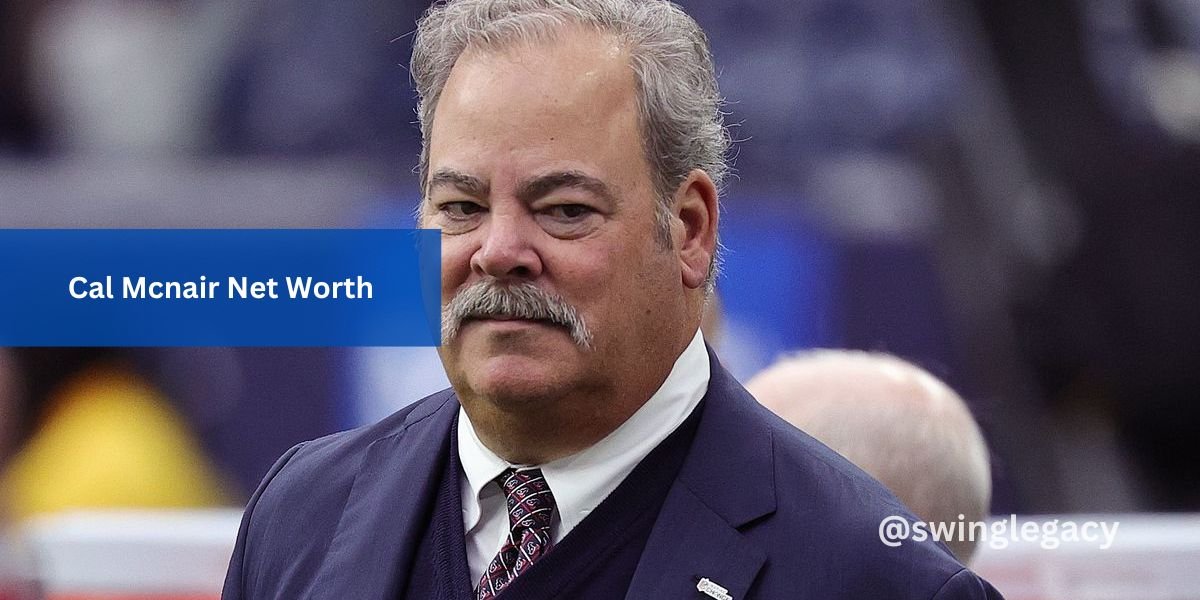David Tepper, owner of the NFL’s Carolina Panthers and MLS’s Charlotte FC, made headlines for the wrong reasons when he was caught on video throwing what was left of a drink at fans seated below his suite at EverBank Stadium in Jacksonville. This incident, occurring amidst the Panthers’ dismal 2-14 record and a 26-0 loss to the Jaguars, exacerbated Tepper’s frustration. The 66-year-old billionaire, married to Marlene Tepper with three children, faced a $300,000 fine from the NFL for his behavior. While this fine might seem substantial, it is a trivial amount for Tepper, whose net worth is estimated at $20 billion. His response, expressing regret but stopping short of a direct apology, highlights the depth of his frustration with his team’s performance.
Tepper’s Response
Despite the fine, Tepper’s response was one of regret rather than a direct apology. “I am deeply passionate about this team and regret my behavior on Sunday,” Tepper said in a statement released Tuesday. “I should have let NFL stadium security handle any issues that arose. I respect the NFL’s code of conduct and accept the league’s discipline for my behavior.” This statement reflects Tepper’s deep frustration and passion for his team, yet his inability to control his emotions publicly sets a concerning precedent.
Houston’s Stable Ownership
Tepper’s behavior contrasts sharply with the composure maintained by Houston’s sports franchise owners, who are known for their stability and sanity. Cal McNair of the Texans, Tilman Fertitta of the Rockets, Jim Crane of the Astros, and Ted Segal of the Dynamo have all demonstrated passion and commitment to their teams without public outbursts. Despite experiencing losses and challenges, these owners have managed to channel their frustrations constructively.
Cal McNair’s Redemption
Cal McNair, in particular, has shown significant growth as an owner. Initially facing criticism when he took over the Texans from his father, McNair has demonstrated a willingness to learn from mistakes and make necessary changes. He has hired and trusted capable individuals to run the team, mirroring his father Bob McNair’s approach. Recently, McNair’s increased involvement in daily operations has led to positive outcomes, such as the hiring of head coach DeMeco Ryans and drafting talents like C.J. Stroud and Will Anderson Jr., significantly improving the team’s performance.
Fertitta’s Long-Term Vision
Tilman Fertitta, the owner of the Houston Rockets, exemplifies dedication and strategic management. Fertitta’s financial investments and emotional commitment to the team are evident. Despite the Rockets’ struggles in recent years, he remains focused on building a competitive roster. Fertitta emphasizes long-term success over immediate gratification, supporting his team through thick and thin and showcasing a balanced approach to sports management.
Crane’s Winning Culture
Jim Crane, the owner of the Houston Astros, has been instrumental in transforming the franchise into a consistent contender. Under his ownership, the Astros have achieved multiple playoff appearances and a World Series title. Crane’s business acumen and strategic decision-making have created a winning culture within the organization. His ability to hire and retain top talent, both on and off the field, sets a high standard for sports ownership in Houston.
Segal’s Positive Impact
Ted Segal, the relatively new owner of the Houston Dynamo, has also made a positive impact. Since acquiring the team, Segal has focused on revitalizing the franchise, both in terms of on-field performance and fan engagement. His efforts have led to the Dynamo’s first playoff appearance since 2017, signaling a promising future for the club. Segal’s proactive approach and commitment to improving the team’s fortunes have resonated well with fans and the community.
Comparing Ownership Styles
David Tepper’s recent outburst highlights the importance of composure and strategic management in sports ownership. While Tepper’s passion for his team is undeniable, his inability to control his emotions publicly contrasts with the composed and constructive approaches of Houston’s sports franchise owners. The success of McNair, Fertitta, Crane, and Segal demonstrates that passion and frustration can be channeled constructively to create a winning environment.
Conclusion
David Tepper’s behavior at EverBank Stadium underscores the challenges of managing emotions in high-pressure sports environments. His response to the incident reflects his deep frustration but also highlights the need for a more composed approach. In contrast, Houston’s sports franchise owners have maintained stability and sanity, demonstrating that effective leadership and strategic management are crucial for long-term success. As Tepper deals with the consequences of his actions, the composed and visionary leadership seen in Houston continues to set a high bar for professionalism and dedication in sports management.

